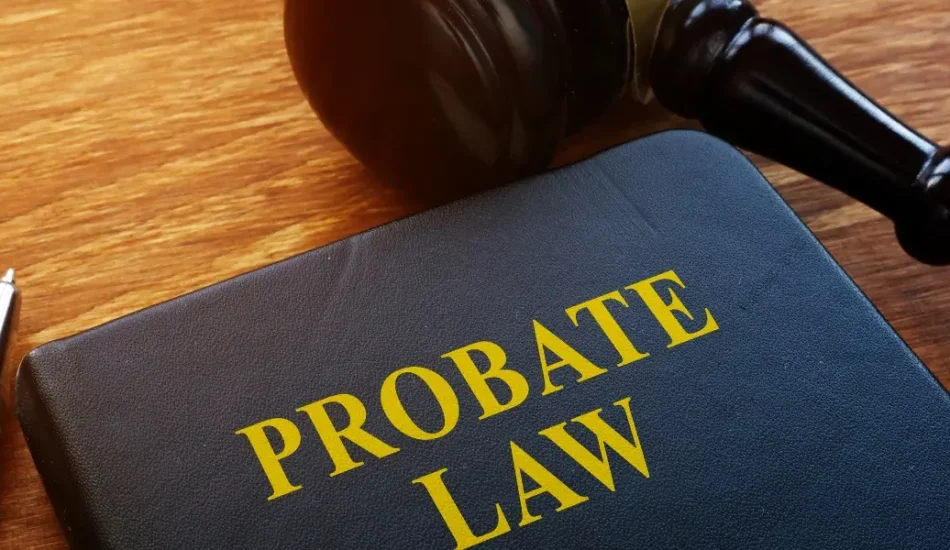|
|
Last Modified on Dec 15, 2024
The Tennessee probate process can be challenging to understand, and as someone who is dealing with the loss of a loved one, it is helpful to have all information regarding the distribution of their estate in a simplified manner so that you know what to expect. We can explain what you might expect from the probate process in Tennessee so that you can be adequately prepared.
Breakdown of the Probate Process
There are several steps and components of the probate process, all of which address the at-large issue of settling the estate of a deceased individual, paying off their debts, and distributing assets to their heirs and beneficiaries. A probate lawyer can guide you through these steps, ensuring that the process is handled efficiently and in accordance with the law. Below is an overview of a typical probate process:
- Filing the Probate Petition: To begin the probate process, you must file the deceased’s will, if there is one, with the probate court in the county where they lived. In the event that there is no will, the court will decide how to distribute the estate according to state intestacy laws. The court will officially appoint an administrator if there is no will or an executor if there is a will and one is named.
- Proving the Will’s Validity: The next step is to prove the validity of the will. The court will ensure that the will meets the state’s requirements for a valid will, including being signed and witnessed, and that it is not fraudulent. This is the time when interested parties can contest the will’s validity.
- Identifying Estate Assets: All of the deceased’s assets must be compiled to get a full understanding of their entire estate. Assets can include bank accounts, real estate, vehicles, investments, personal belongings, and any business interests. The executor can hire appraisers to determine the value of specific assets if unknown. Would you want to avoid probate? By planning ahead with the right tools, such as a trust, you can help ensure a quicker, more efficient transfer of assets without going through the lengthy probate process.
- Notifying Creditors and Beneficiaries: At this point, both beneficiaries and creditors are notified about the probate proceedings. Creditors can then submit claims against the estate.
- Paying Off Debts and Taxes: All debts and taxes are paid by the executor of the estate. If the estate does not have enough funds to pay off the debts and taxes, the executor may be responsible for selling any assets in the estate to cover these obligations.
- Resolving Disputes: There may be issues that come up like contested wills, disagreements over asset valuations, and creditor claims. Disputes may require mediation or court hearings, which could delay the entire process, but addressing these issues is necessary for moving forward with closing out the estate.
- Distributing Remaining Assets: If there are assets available after debts, taxes, and all necessary expenses are paid, the executor can distribute the remaining assets in alignment with the will or state intestacy laws if there is no will. Transfers may include handing over personal belongings, retitling property, and issuing payments to the beneficiaries.
- Closing Out the Estate: To finalize the probate process, the executor submits a final full accounting to the court, which details all of the financial transactions that were made during probate. Once the court approves the accounting, the executor is discharged, and the probate process is complete.
The goal of the probate process is to see the orderly transfer of assets and the resolution of any financial obligations after an individual has passed. While it may be time-consuming, there are strategies that can simplify or bypass the process, like creating trusts and using beneficiary designations. A trusts lawyer can help you structure your estate in a way that minimizes probate, ensuring a smoother and more efficient transfer of assets.
FAQs
How Long Does Probate Take in Tennessee?
How long the probate process may take in Tennessee varies, as the timeline depends on various components, like the size and complexity of the estate, the circumstances of the case, if there are any disputes, and the specific type of probate process, whether it’s regular probate or a small estate affidavit. It may be helpful to meet with a probate lawyer to get an estimate on the probate process timeline for your specific estate.
How Much Does an Estate Have to Be Worth to Go Through Probate in Tennessee?
In Tennessee, an estate must be worth more than $50,000 in order to go through the full probate process. If the estate’s value is under $50,000, it will go through a small estate affidavit process rather than the full probate. The small estate affidavit process is much simpler, faster, and less costly than the full probate process.
Is Probate Required in Tennessee if There Is a Will?
Yes, Tennessee generally requires wills to go through the probate process. While a valid will does specify how a deceased person’s assets should be distributed, it does not automatically transfer the ownership of assets to the beneficiaries, which is why probate is necessary. During the probate process, the will is validated, and all assets in the will are properly distributed under the supervision of the court.
Which Assets Do Not Go Through the Probate Process?
There are certain types of assets that are exempt from the probate process and passed directly to co-owners or beneficiaries. These assets can include jointly owned property, assets that have specific beneficiary designations, like life insurance policies, assets held in trusts, small estates, and certain government benefits, like social security benefits.
Can a Lawyer Help Speed Up the Probate Process?
Yes, a lawyer may be able to help speed up the probate process, as they can help you navigate the legal complexities and any issues that emerge in your case. They can ensure that you are in compliance with all legal requirements and regulations, which can minimize the amount of delays you experience.
Contact Our Lawyers Team to Get Help with Probate Process
If you are looking for support navigating the probate process or have questions about estate planning in general, the estate planning legal team at Emmack Probate and Estate Law Group invites you to schedule an initial consultation and learn how we can support you. Do not hesitate to reach out. Our firm is eager to evaluate your case and determine ways to make the probate process as efficient as possible for you.



